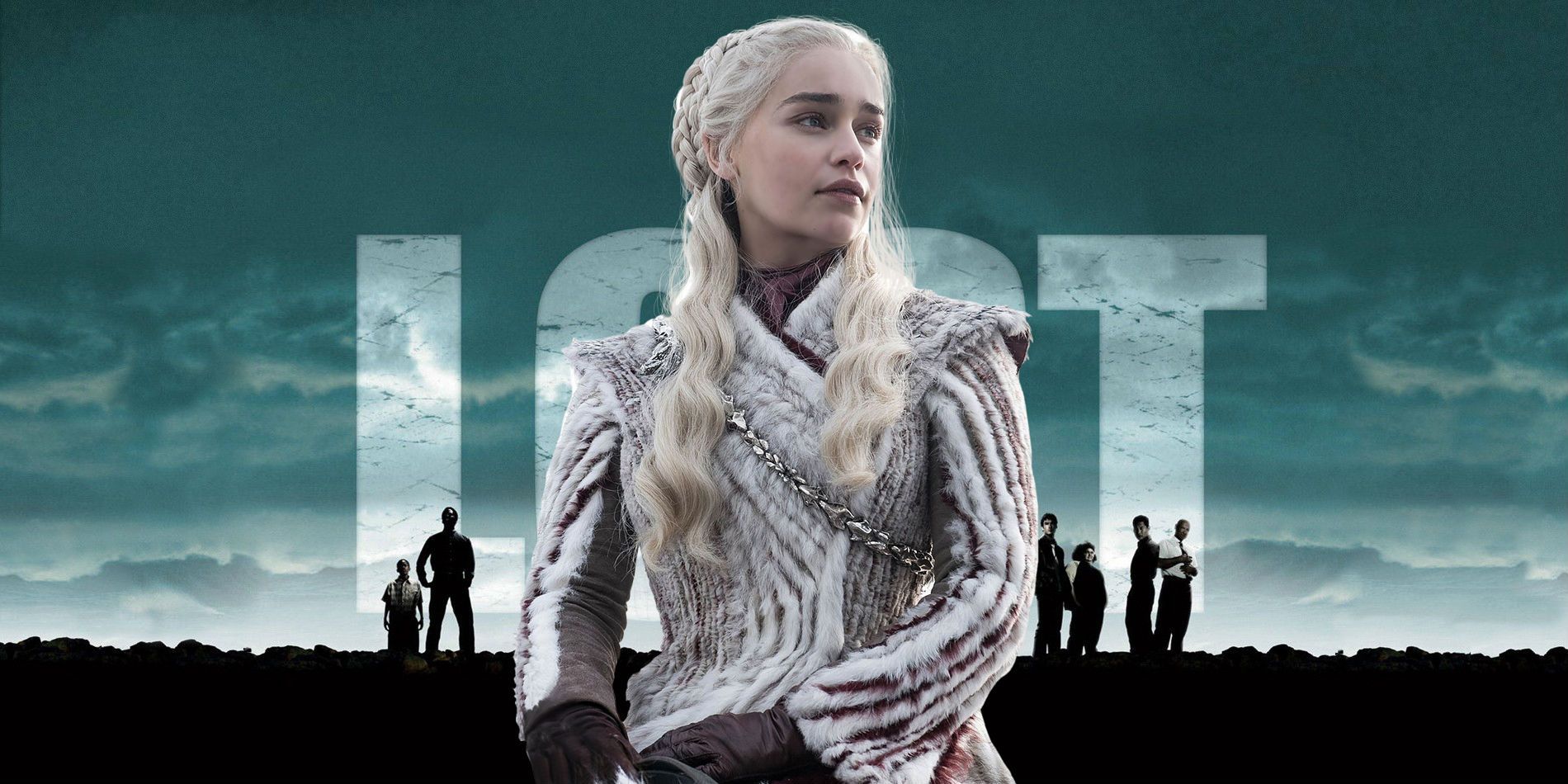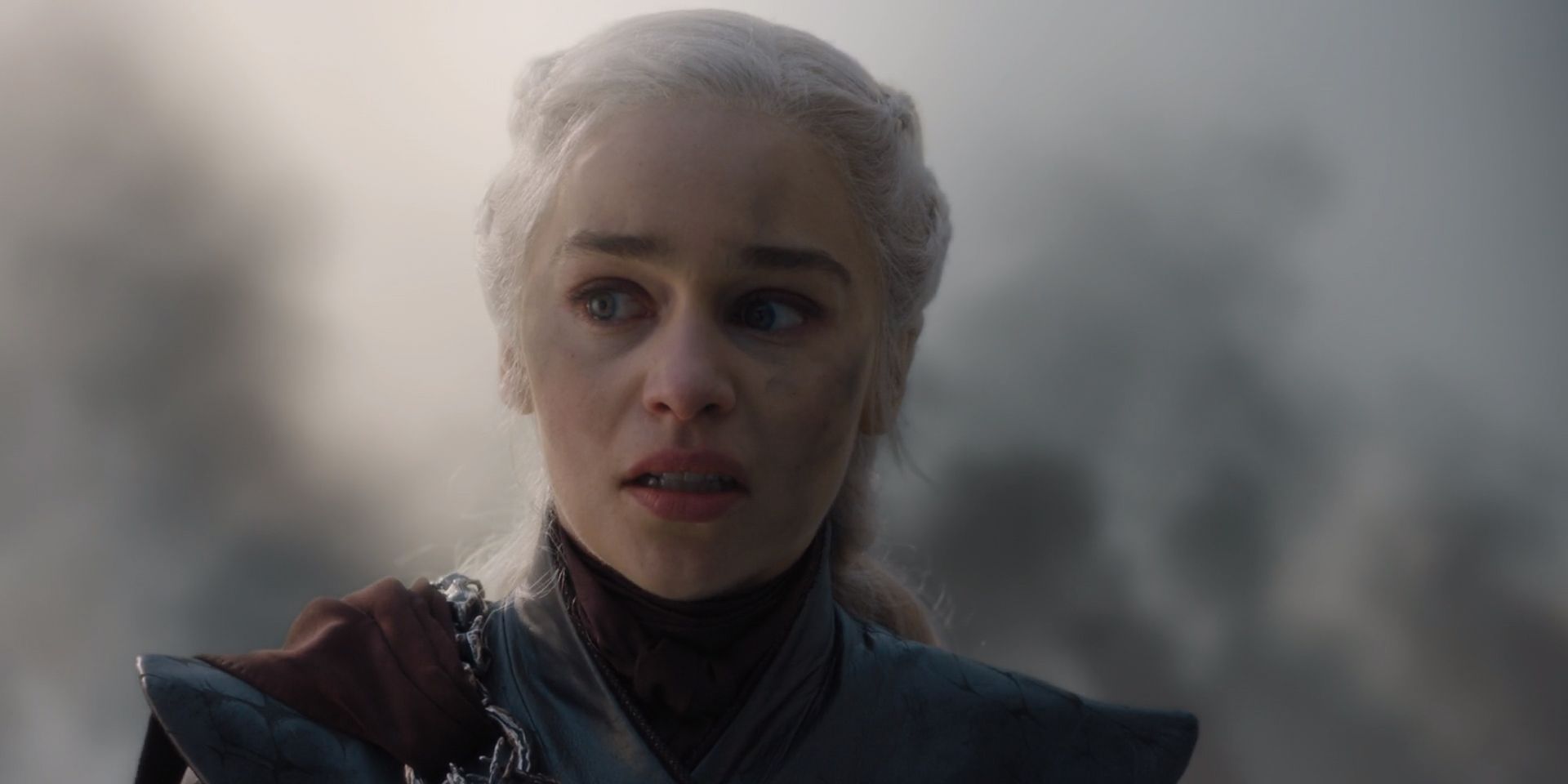Has Game of Thrones taken Lost's position as the designated punching bag of television? Whenever any form of entertainment attains rapid, worldwide success, there is an unavoidable backlash from those who haven't joined the bandwagon. Premiering in 2004, Lost typified that very phenomenon. Despite garnering huge overnight success and achieving cult popularity in its first two seasons, Lost became fashionable shortly before it became fashionable to dislike. In fairness, the J. J. Abrams, Damon Lindelof and Jeffrey Lieber series made itself an easy target. With convoluted, winding storylines and an ill-timed writers strike forcing material to be written ad-hoc, the show's title quickly became the butt of many a joke, as former viewers gleefully declared themselves "Lost with Lost."
The Lost ridicule was emboldened by the divisive series finale. Intentionally vague in places and willfully obtuse in others, Lost's final episode wasn't to everyone's taste, and the show's status as a cultural whipping post was cemented, with comedians and writers lining up to take jabs at the show's conclusion.
Game of Thrones has experienced a relatively similar journey. Like Lost, David Benioff and D.B. Weiss' A Song of Ice and Fire adaptation became the defining TV series of its time. As Game of Thrones' popularity spread, certain types took great pleasure in declaring themselves to have never watched the fantasy series in an attempt to come across as some sort of maverick cultural rebel, unswayed by the herd-like trends around them. Unlike Lost, however, Game of Thrones was critically untouchable for much of its time on screen. Where Lost's viewership began high and declined over time, Game of Thrones continued to grow and break records even into its later seasons.
However, a highly divisive final season shattered Game of Thrones' aura of critical invulnerability and, as with Lost, viewers weren't just unsure about the ending, they were enraged. Online reaction to Game of Thrones' final two episodes was brutal, as fans mocked the writing, the characters and the eventual outcome. Since Game of Thrones' final episode aired in May, a trend has slowly emerged of other movies and TV shows joining in on the act, as seen in recent theatrical release, Hobbs & Shaw. Here, Ryan Reynolds' character makes a reference to the Game of Thrones finale and how the Jon and Daenerys story didn't make sense. In another recent reference, Charlize Theron's character in Long Shot uses online synopses to keep up with Game of Thrones without watching it and the Marvel comics also joined in, with Captain Marvel spoiling the show for Tony Stark.
With Game of Thrones now a viable target for criticism, the buck appears to have passed from Lost to the HBO fantasy series. When TV aficionados think of the archetypal controversial TV ending, thoughts now seem to turn to Westeros, rather than the Island. When someone needs a classic example of a TV twist gone bad, they'll no longer consider Lost's flash-sideways timeline, but Daenerys Targaryen burning down King's Landing.
Lost has been the subject of these gags for so long, with no other TV series able to capture and divide the cultural consciousness on such a wide level in the years since. But now this unenviable position appears to have been taken by Game of Thrones, is Lost's ending perhaps due a reevaluation? Much of the show's criticism came from viewers who dropped-out midway through the series or misinterpreted certain elements of the finale. While Lost's creative team have admitted to behind-the-scenes issues in seasons 3 and 4, many would argue that writing quality improved dramatically once an end point was announced and that the finale, as ambiguous as it was, stayed true to Lost's overall tone of mystery.


